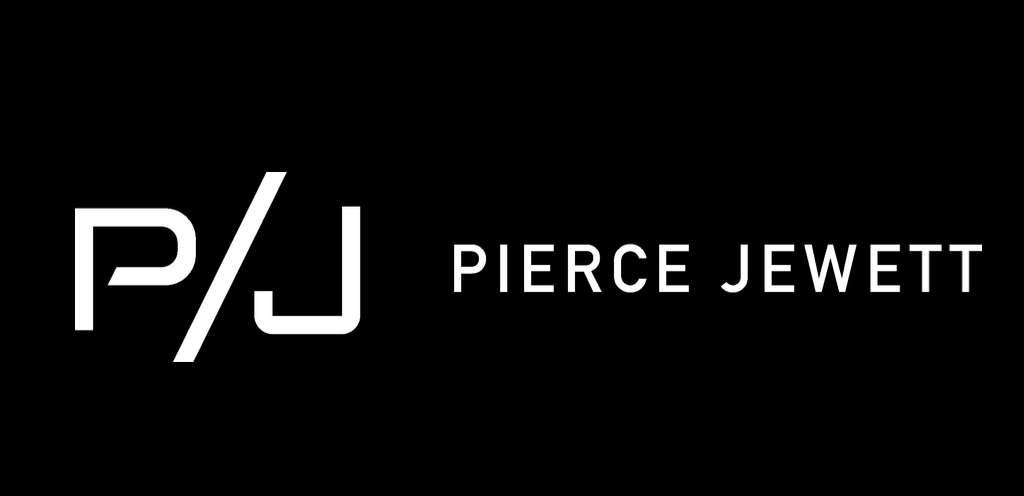Commercial Litigation: Loans
The commercial lending market is enormous. According to data provided by the Federal Reserve Bank of St. Louis, the value of outstanding business loans in the United States is valued at nearly $3 trillion. With so many loans, there are inevitably going to be some disagreements or disputes. This raises an important question: How does commercial litigation work for loans? The answer depends on a number of different factors. Here, our commercial litigation attorneys highlight some of the key things that business owners should know.
A Business May Face a Lawsuit for Delinquent Loans
Although a dispute could arise over a business loan for a wide range of reasons, the vast majority of cases are started because a company allegedly lapsed on its payments. Litigation is typically, but not always, initiated by the lender.
In most cases, a business (the defendant) will receive a Notice of Default prior to any lawsuit being filed. Among other things, this type of notice includes key information about the alleged delinquency and the lender’s intention to take additional legal action.
If your company has received such a notification letter from a commercial lender, you should consult with a commercial litigation attorney right away. You may be able to resolve the matter before a lawsuit is filed.
What Options are Available for Companies?
Businesses involved in a dispute over a commercial loan should be proactive. Quick action will help ensure that all available options remain on the table. Depending on the circumstances, businesses involved in commercial litigation over a delinquent loan have three basic options available:
Aggressive Defense: A lender may file a lawsuit on spurious grounds. Not all litigation is legitimate. Your business may pursue an aggressive defense strategy to get the case dismissed from court.
Debt Relief Settlement: A forceful defense is not always the right approach to a commercial lawsuit. Your company may be able to reach a viable settlement with the lender that reduces your total costs.
Bankruptcy Protection: Finally, businesses always have the right to file for bankruptcy protection. If your company is overwhelmed by the burdens of commercial loans, Chapter 7 bankruptcy protection or Chapter 11 bankruptcy protection may be the answer. When you file for bankruptcy, an automatic stay is issued—meaning all commercial litigation is temporarily halted.
Ultimately, every case is different. There is no one correct path forward for businesses involved in a commercial dispute. If you are facing a lawsuit over a loan, an experienced commercial litigation lawyer will review your case, explain your options, and help you craft an effective strategy.
Call Our Commercial Litigation Attorneys for Help
At Pierce / McCoy, our commercial litigation attorneys have extensive experience handling cases involving loans. Our firm helps clients find the best available solutions. If you are involved in a dispute over a commercial loan, we are more than ready to help. Contact us today to request a confidential initial consultation. Our law firm represents businesses and organizations in New York, Virginia, and Texas.
